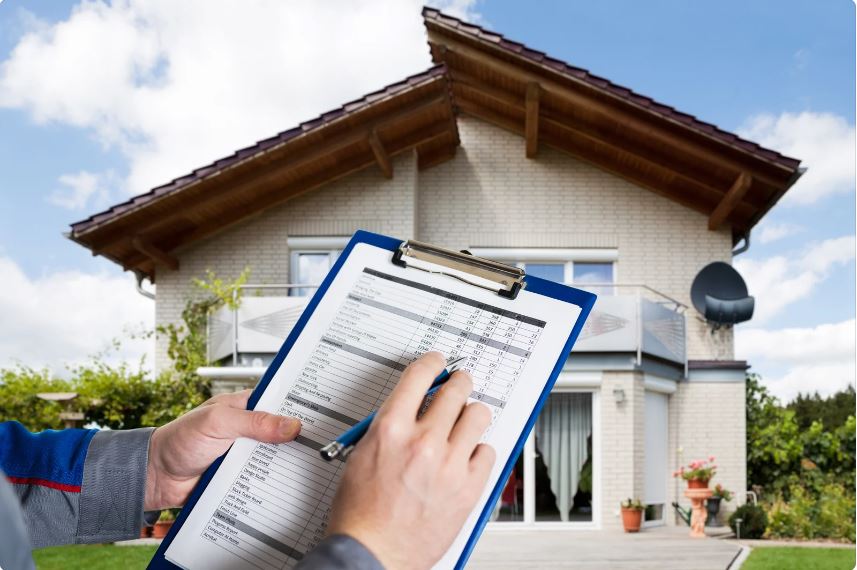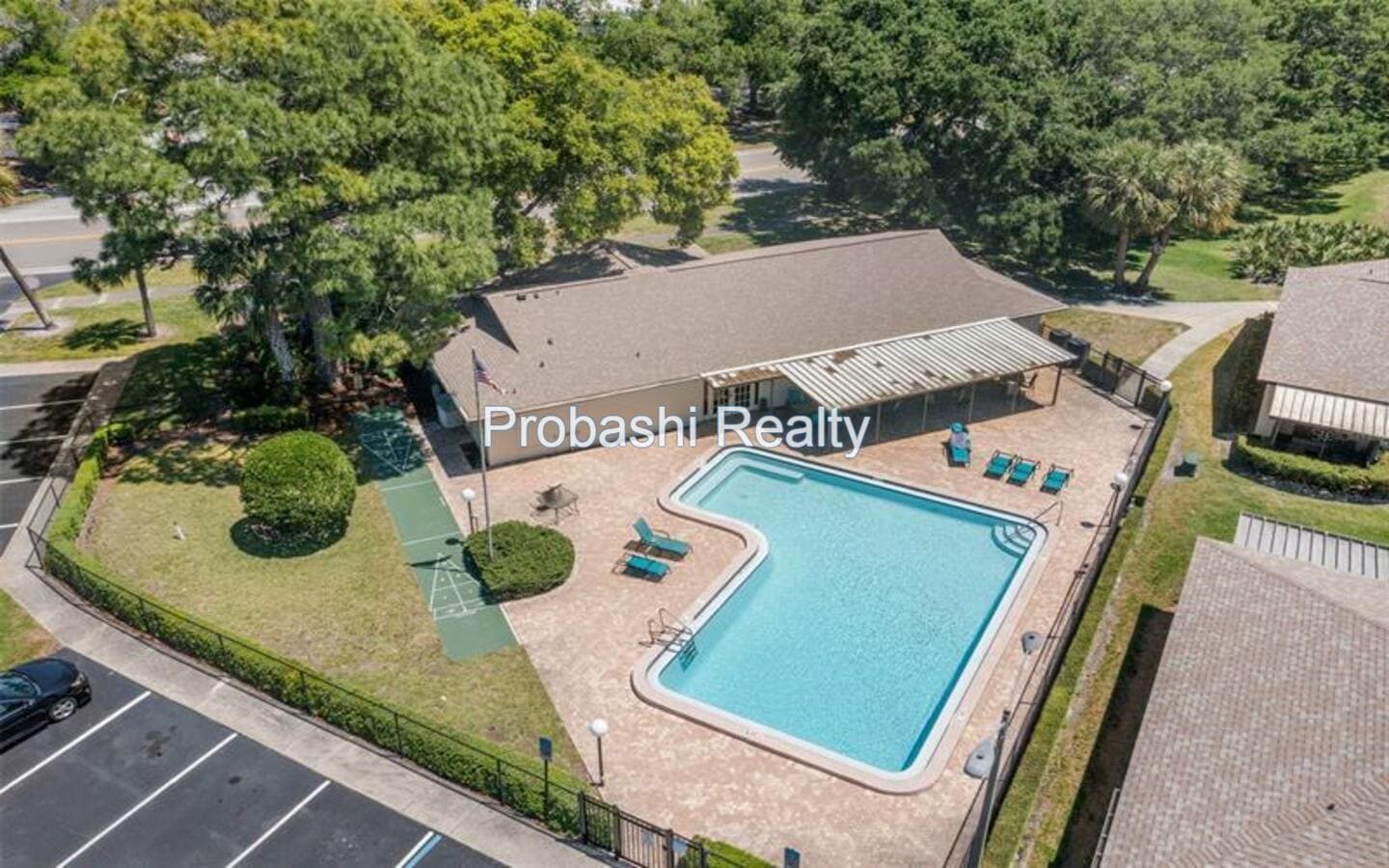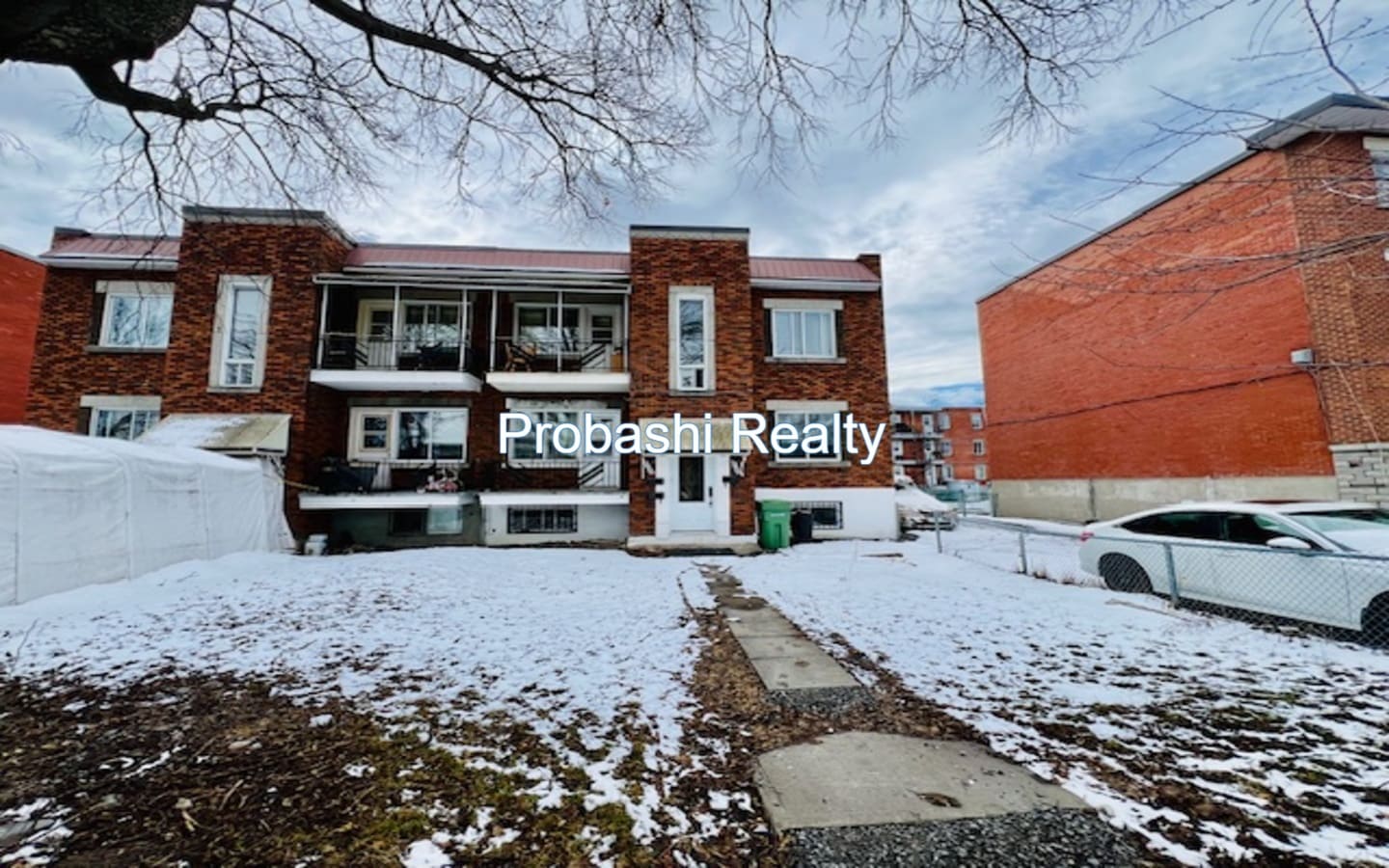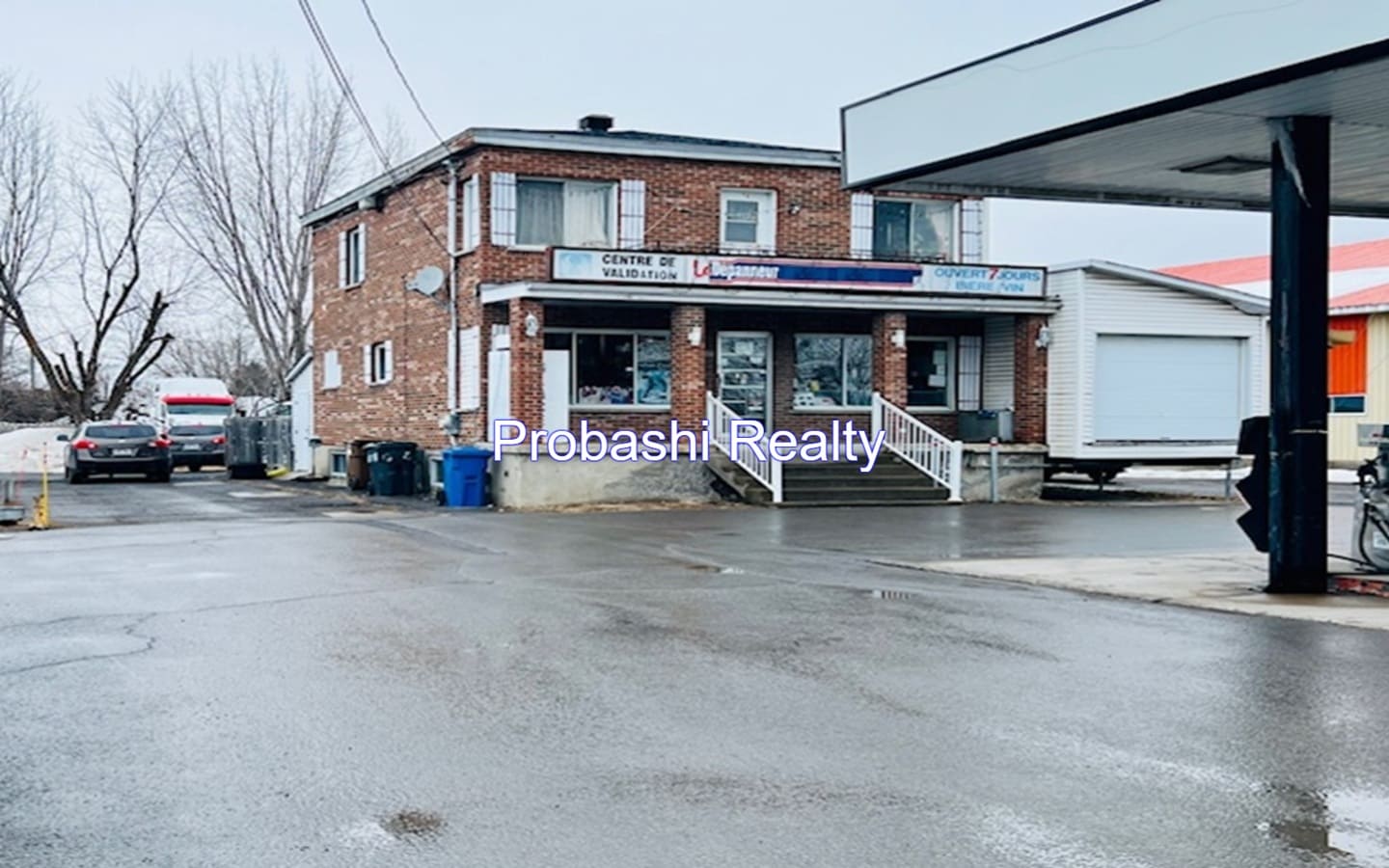What Is A Home Inspection?
A home inspection is like a thorough check-up for a house before it gets sold. The inspector looks at everything from the walls and roof to the plumbing and electricity to make sure everything works well and is safe. They also look for any problems that could lower the house’s value or cause safety concerns, like fire hazards or damage. It’s basically making sure the house is in good shape before someone buys it.

all about Home Inspection In Germany
In Germany, home inspections, known as “Hausinspektionen” or “Bauinspektionen,” are an essential part of the real estate process. They provide valuable information about the condition of a property and help buyers make informed decisions. Here’s how home inspections typically work in Germany:
-
Purpose: The primary purpose of a home inspection in Germany is to assess the condition of a property and identify any potential issues or defects. These inspections help buyers understand the true condition of the property they are interested in purchasing and assist sellers in disclosing any known defects.
-
Types of Inspections: There are several types of inspections commonly conducted in Germany:
- General Building Inspection: This involves a comprehensive assessment of the property’s structure, including the foundation, walls, roof, windows, doors, plumbing, and electrical systems.
- Energy Performance Certificate (Energieausweis): This certificate provides information about the property’s energy efficiency and is required by law for certain types of properties.
- Pest Inspection (Schädlingsbekämpfung): Inspections for pests such as termites or wood-boring insects may be conducted, especially in older properties or areas prone to infestations.
-
Process: Home inspections in Germany are typically conducted by qualified professionals such as building inspectors, architects, or structural engineers. The inspector thoroughly examines the property, looking for any signs of damage, deterioration, or safety hazards. They may use specialized equipment such as thermal imaging cameras or moisture meters to detect hidden problems.
-
Legal Requirements: While home inspections are not legally required in Germany, certain types of inspections, such as the Energy Performance Certificate, may be mandatory for specific properties. Sellers are also required to disclose any known defects or issues with the property to potential buyers.
-
Choosing an Inspector: It’s essential to hire a qualified and experienced inspector for the job. Look for professionals who have relevant qualifications and experience in conducting home inspections. You can ask for recommendations from real estate agents or friends and family who have undergone inspections.
-
Report: After completing the inspection, the inspector provides a detailed report outlining their findings. This report includes descriptions of any issues discovered, photographs or documentation as evidence, and recommendations for repairs or further evaluation. Buyers can use this information to negotiate with sellers or request repairs before finalizing the purchase.
-
Cost: The cost of a home inspection in Germany can vary depending on factors such as the size and complexity of the property, as well as the type of inspection required. On average, expect to pay several hundred to over a thousand euros for a comprehensive inspection.
Overall, home inspections in Germany serve to provide transparency and peace of mind to both buyers and sellers, ensuring that properties are thoroughly evaluated and any issues are addressed appropriately.













